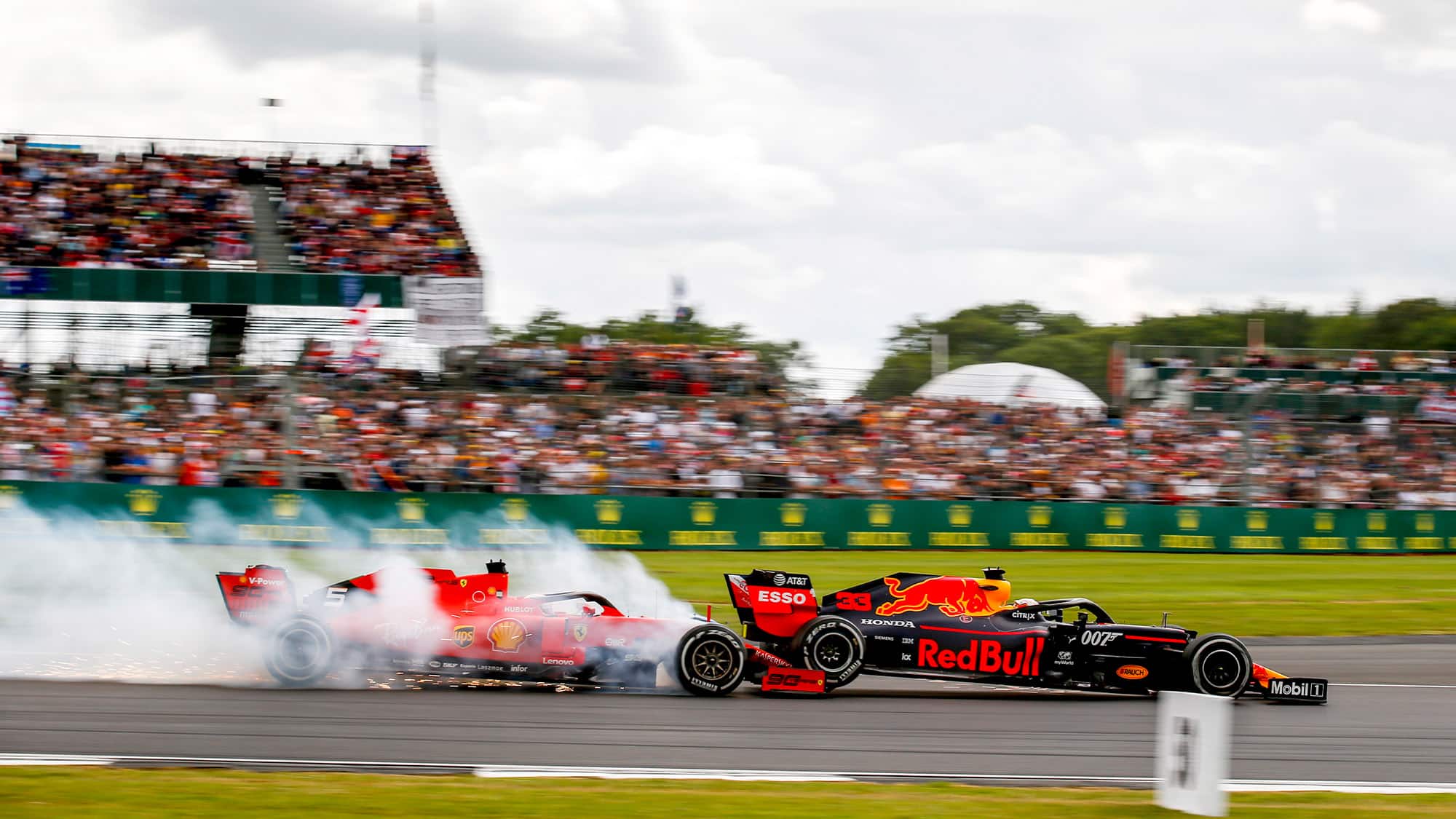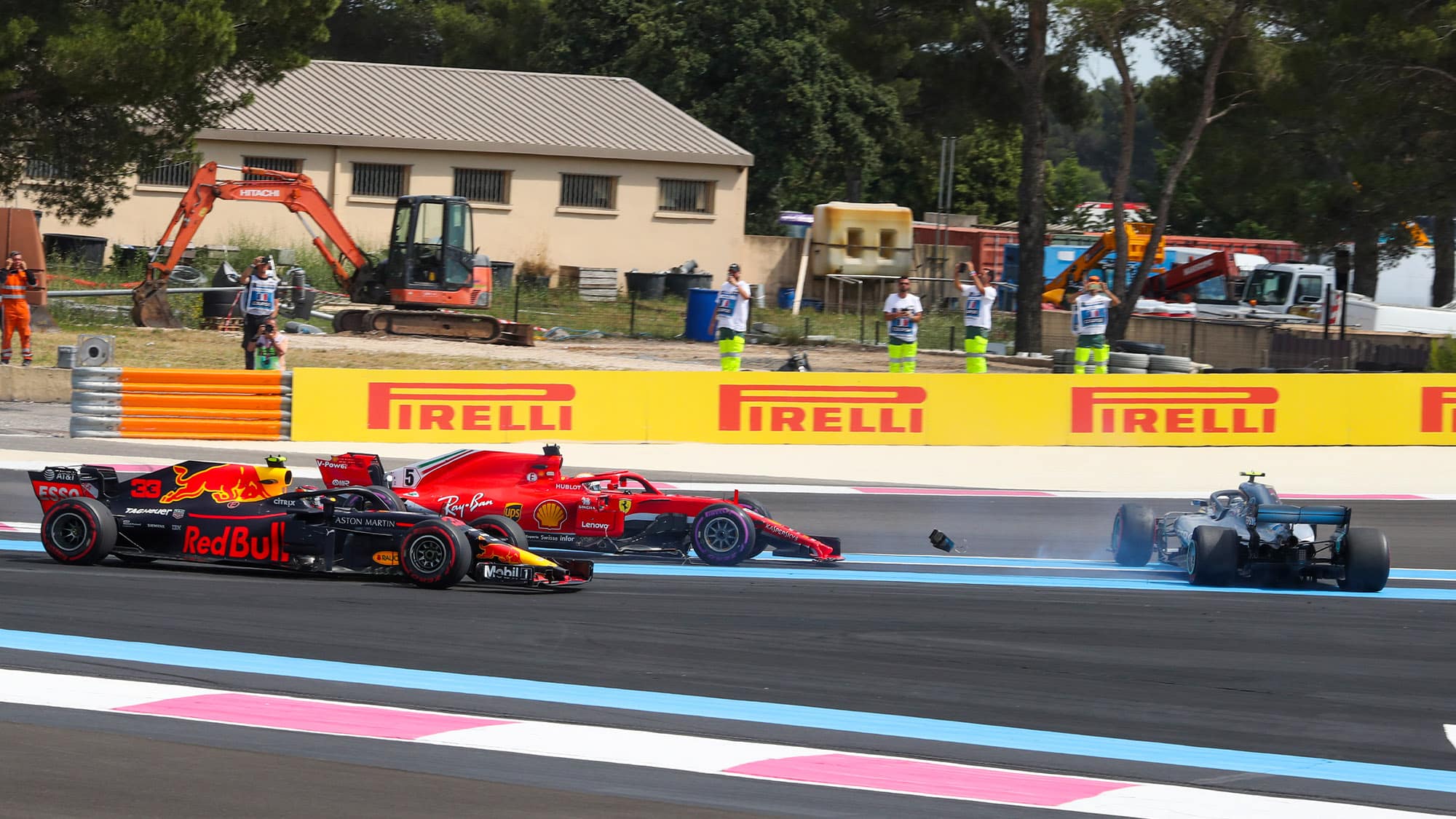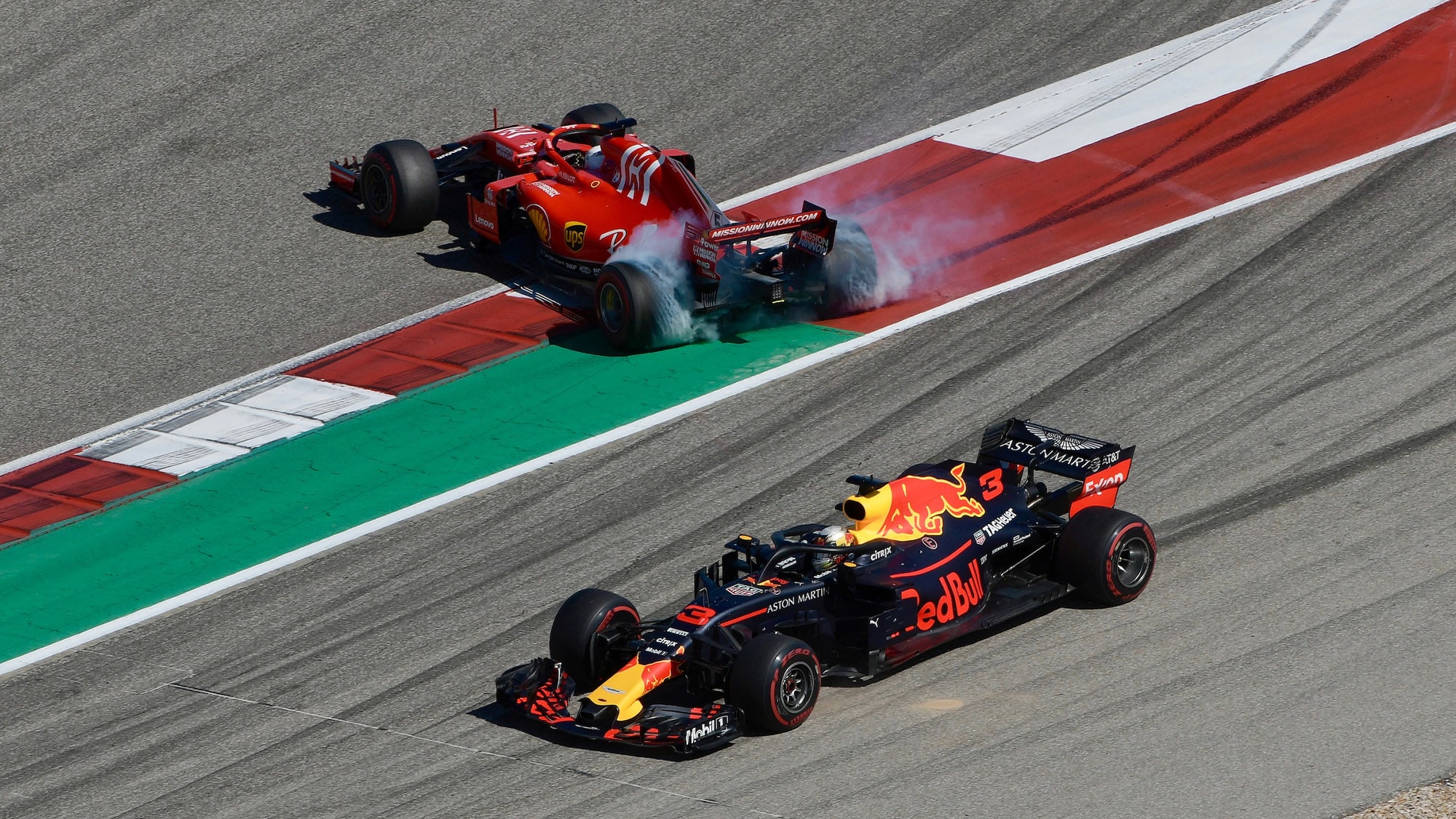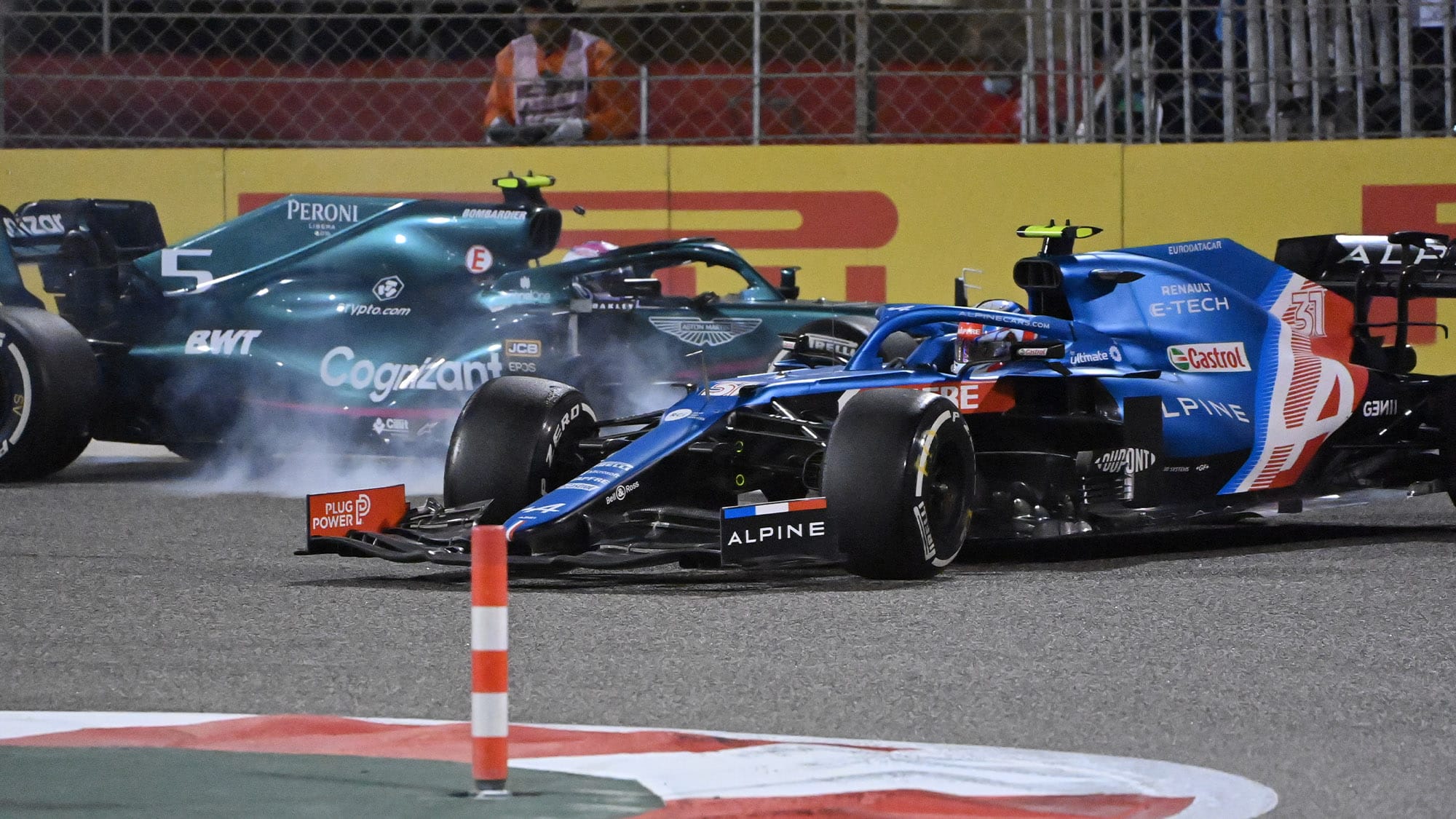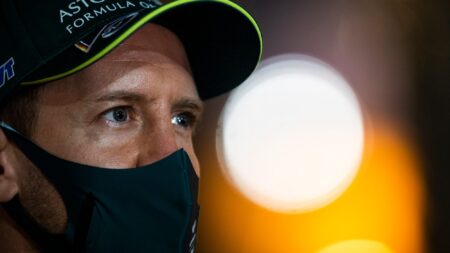Vettel’s move from Ferrari to Aston Martin represented a clean slate and the expectation was that away from the strains of driving for a team which had never fully supported him, he’d be in a better state of mind and the old Seb would return. Hopefully that’s still what is going to happen and that Bahrain incident was just a hangover aberration. But if this pattern continues, you can bet that Lawrence Stroll is going to have limited patience with the four-time champion he’s paying good money for. He’s not a ‘let’s sit down and try to understand what’s going on and see how we can help you’ kinda guy. He’s paying for performance and his schedule is an ambitious one.
Vettel desperately needs a good clean run of races to steady the ship, needs both to not be burdened and chastened by his errors but to take lessons from them regardless. Which is very different from trying to blank from the memory that they ever happened in order not to feel tentative and still be quick and aggressive.
Motor racing can be an incredibly mentally challenging sport at this level and how much so only really becomes apparent when we see an unravelling like this. Physiologically at just 33 years old Vettel can still be the top driver he used to be. Whether he will be so is all in the mind – and that’s the most complex organ of all. Hulkenberg probably won’t be the one recommending to Seb any mental coaches.

